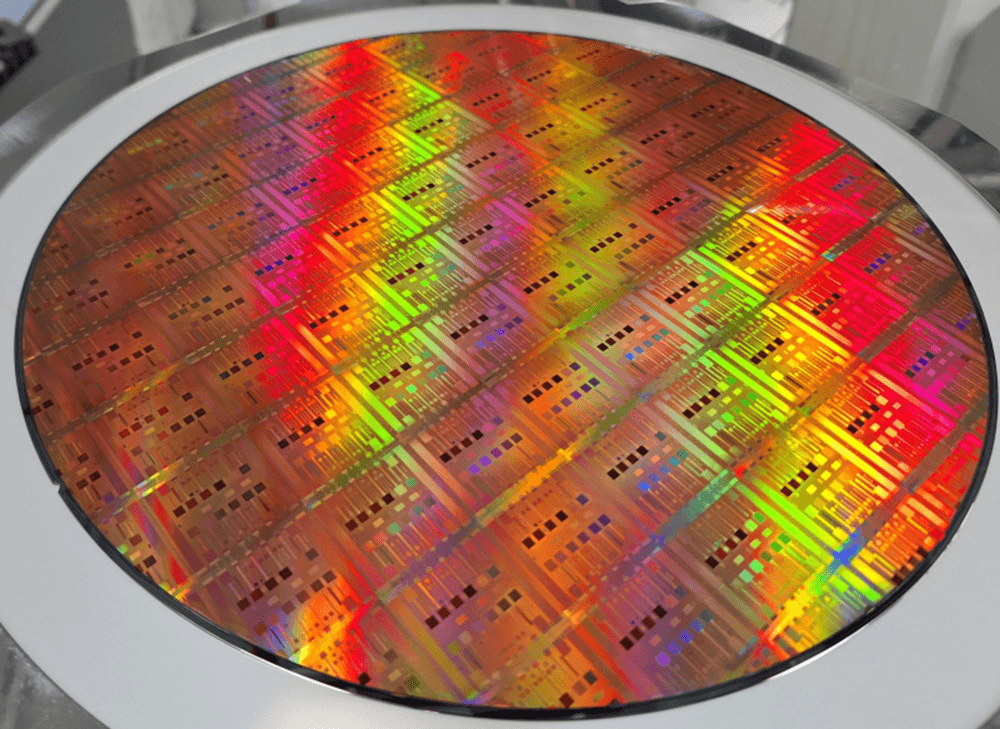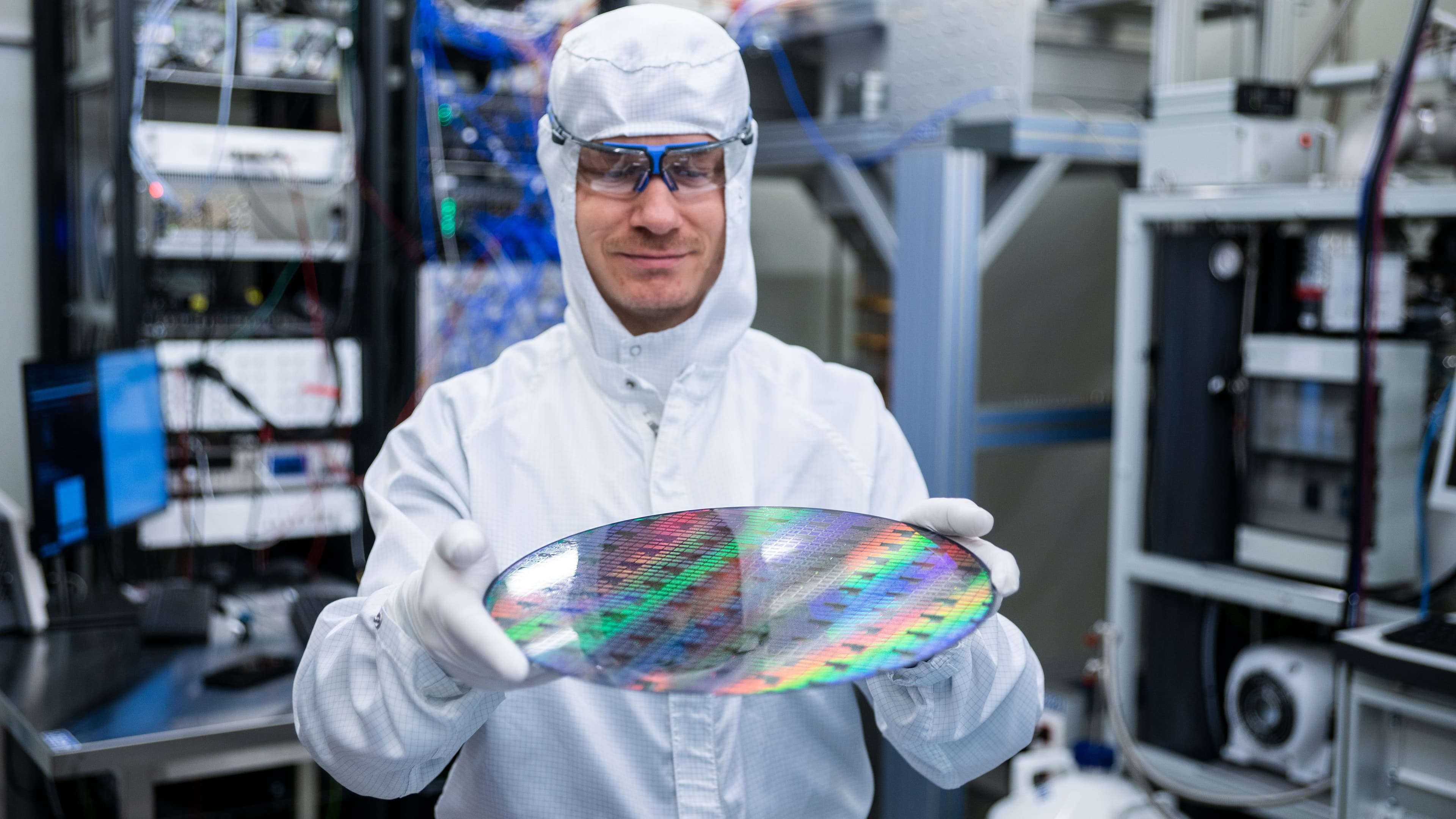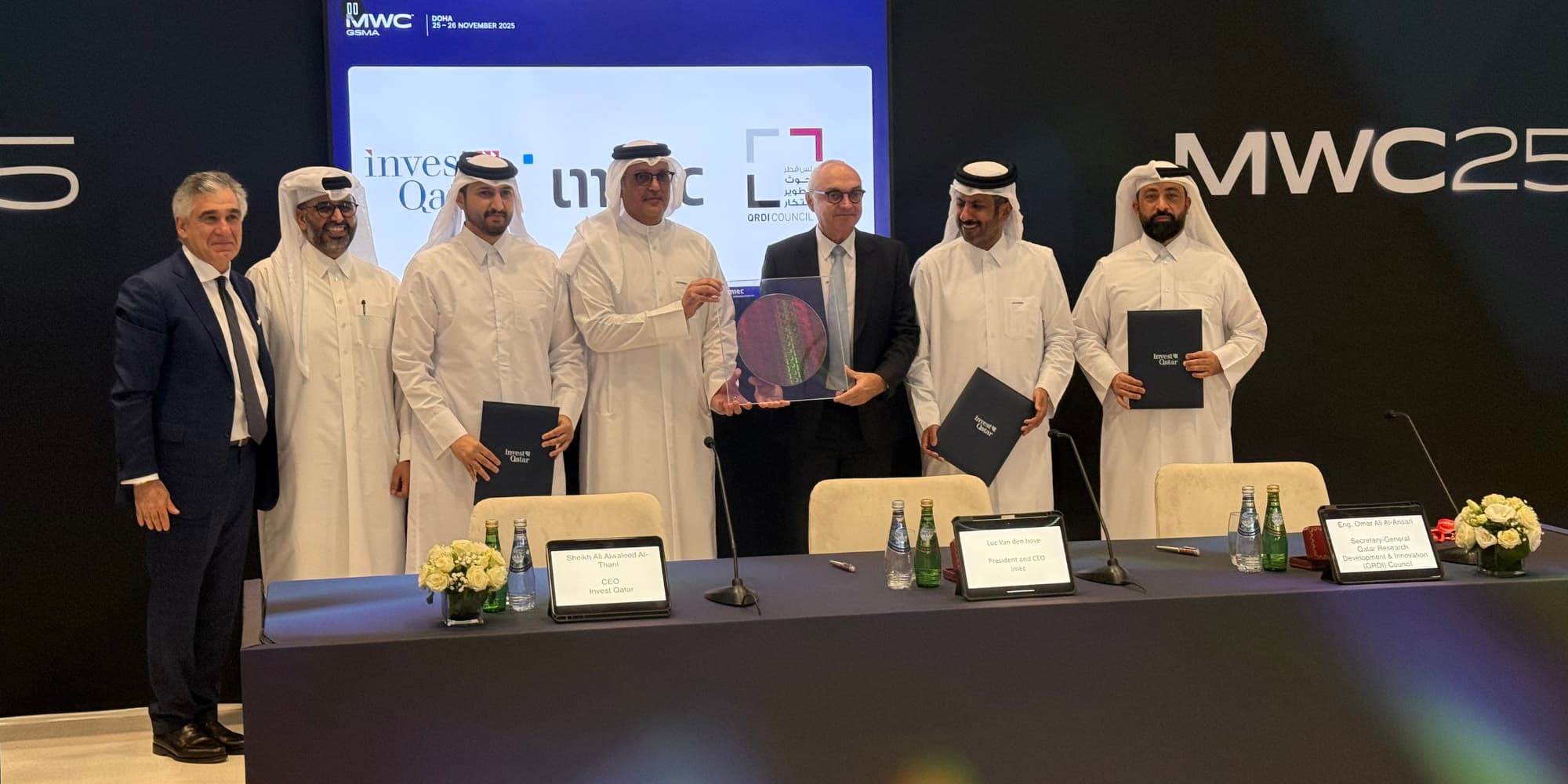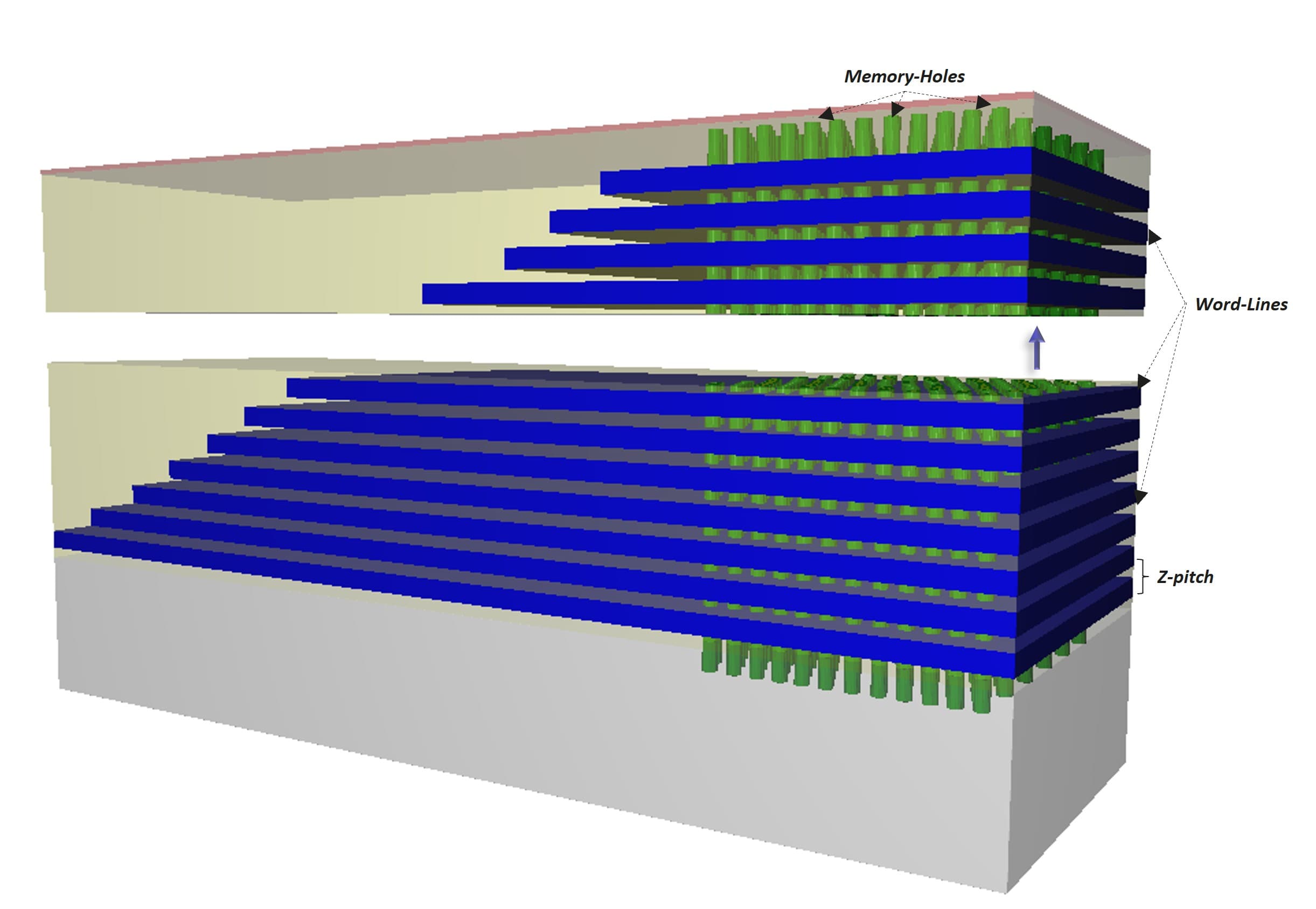CAPRADS
Developing a learning, context-aware platform to support fast and accurate decisions
Companies that want to deliver sophisticated services still struggle to take into account and to learn from all relevant context information. They may have extensive information about their customers including history, behavior and present situation, but cannot always leverage those data to take intelligent decisions.
Some of the challenges they face are:
- Which context data can influence and improve decisions?
- Is this information readily available or does it require additional processing?
- With fast-changing contexts, can a system be made self-adapting?
- Can we process information offline or in-stream, and how fast?
- What are acceptable processing latencies for service delivery, and how can we minimize them?
- Can our context-based system be scaled to account for future growth?
“CAPRADS was set up to develop tools for service providers to make their offer context-aware,” says Wouter Joosen, research lead and professor at imec - DistriNet - KU Leuven. “The middleware that resulted from our efforts together with imec - IDLab - UGent is self-learning and scalable. It allows fast and valuable decision making and can be customized to support a wide variety of use cases, three of which we have prototyped for our CAPRADS project partners.”
“When we looked at the expectations and use cases of the partners, two requirements stood out,” says Joury Gokel, project lead and managing director at JForce: “To have added value over existing solutions, ours should be self-improving. It should allow making better decisions based on the changing context and on feedback about the impact of previous decisions.
And second, it should be adaptable and scalable to a wide variety of use cases. At JForce, for example, we need to scour context to make lightning-fast decisions about financial transactions, decisions that we can really trust on in a forever-changing context. Luciad, in contrast, needs to take into account huge and growing amounts of geographical data to offer context-aware information to users, in some cases requiring fast and ultraprecise responses, for example for emergency response systems. And Televic Education wanted to customize and enrich its customers’ learning experience by taking into account their learning context.”
Based on these requirements, the CAPRADS partners looked for optimal strategies to include context in decisions, in a way that minimizes decision latencies and that allows learning from feedback. Next, they designed and implemented a common middleware platform and instantiated it for the partners’ use cases. This combination of features makes the CAPRADS platform unique in the world of context-based intelligence. “Commercial offerings may include rule-based decision making from context, but our system is able to learn from the impact of decisions and use the context to make better future decisions,” says Joosen.
Project outcomes
- A scalable, self-learning middleware as basis for context-aware decisions
- Flexible architecture resulting in prototypes in three separate domains
- An extensive body of best practices to strengthen context-aware intelligence
CAPRADS Leaflet
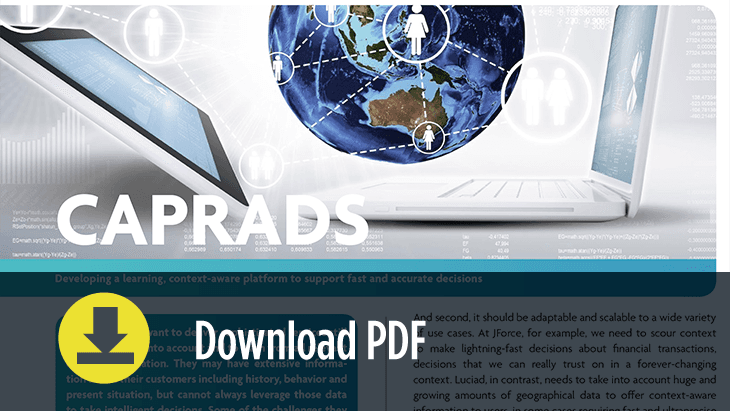
CAPRADS
Developing a learning, context-aware platform to support fast and accurate decisions.
CAPRADS is an imec.icon research project funded by imec and IWT
It ran from 01.01.2015 until 31.12.2016.
Project information
Industry
- Televic Education
- JForce
- Luciad
Research
- imec - DistriNet - KU Leuven
- imec - IDLab
Contact
- Project Lead: Joury Gokel
- Research Lead: Yolande Berbers
- Innovation Manager: Sefan Van Baelen

